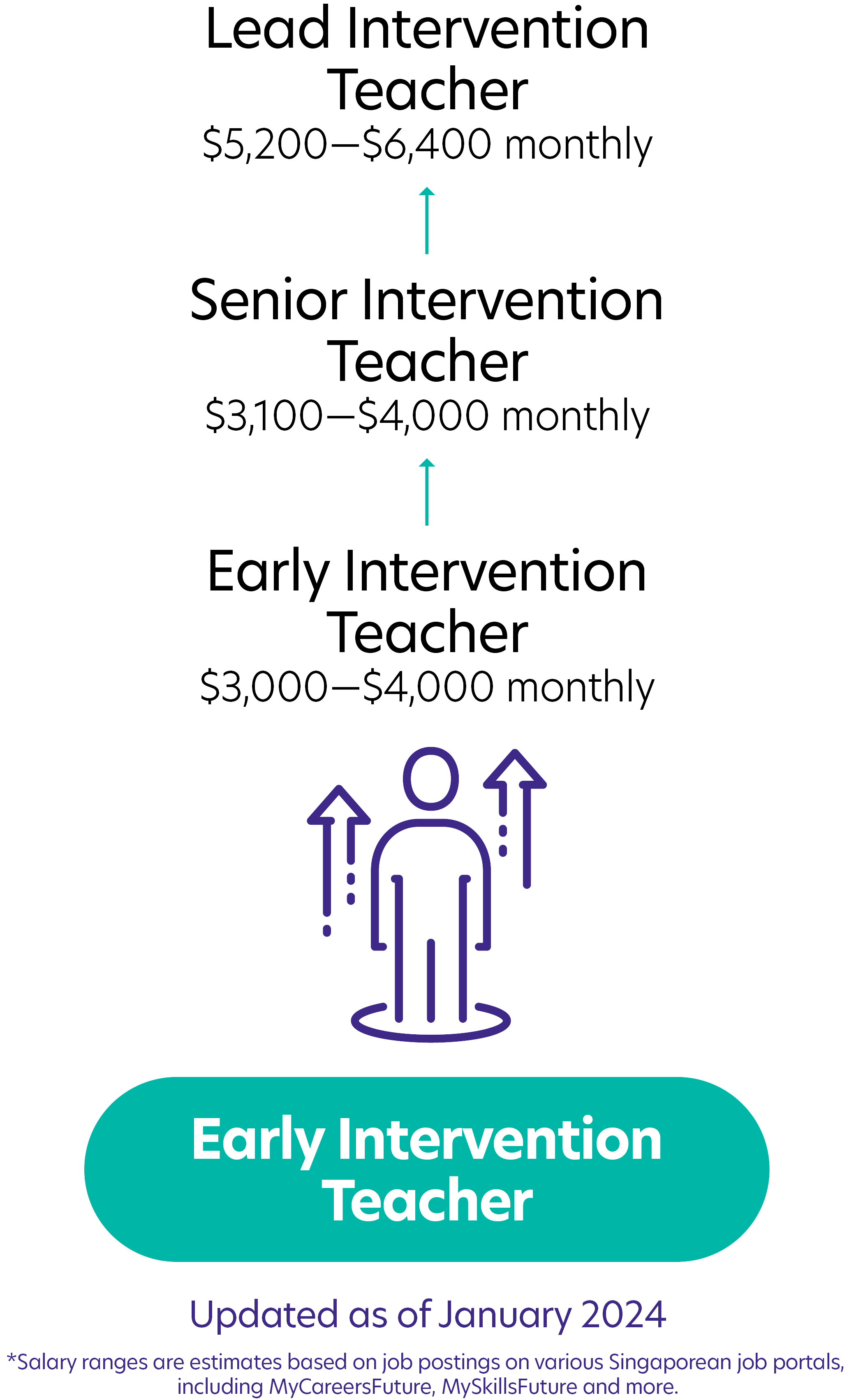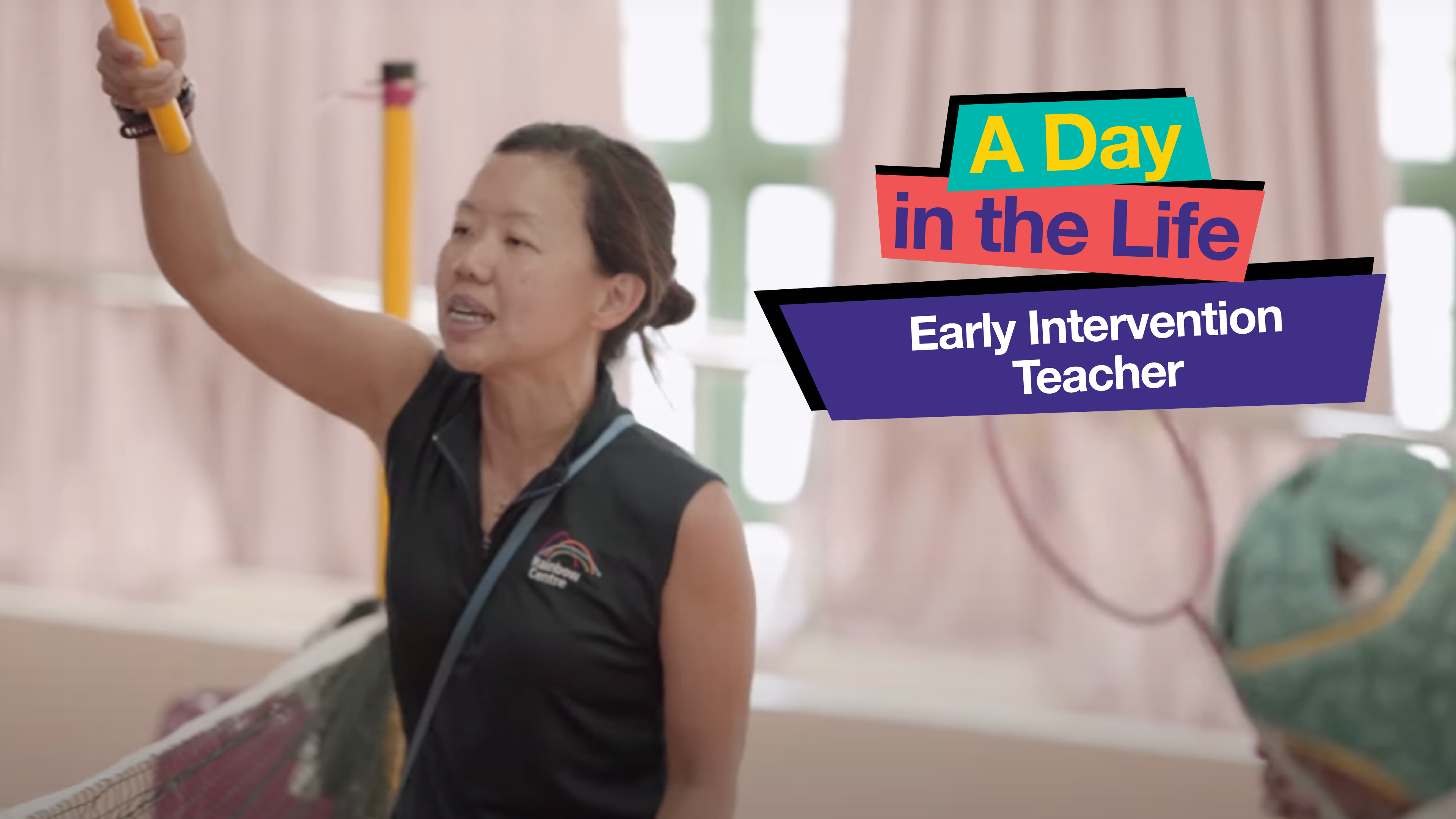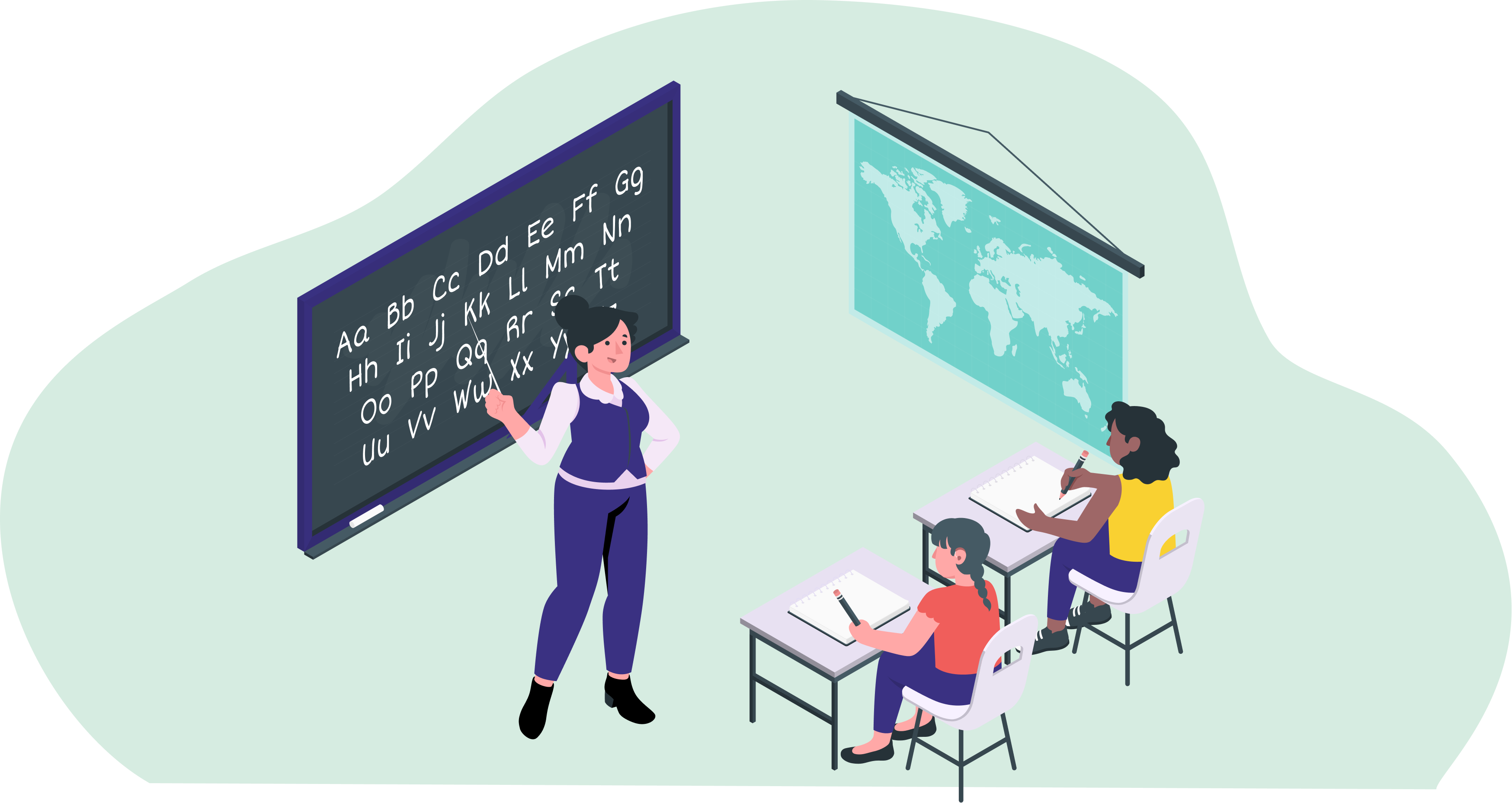
Early Intervention Teachers work with children who have moderate to severe disabilities and/or developmental delays. They provide learning opportunities in the children's daily routines and activities.
Early Intervention Teacher Job Description
- Work in a multidisciplinary team to develop and put in place education plans based on individual children's needs.
- Prepare teaching materials and resources according to the children's developmental level.
- Conduct screening and assessments to understand the children’s current level of performance.
- Monitor and discuss children's learning progress and strategies.
- Collaborate with families and professionals through regular case reviews and conferences.
Note
Early Intervention Teachers work with the community, volunteers, and social services.
What you should know about Early Intervention Teacher jobs in Singapore
Nature of work
Early Intervention Teachers work in Special Education schools, VWOs, SSAs, or private EIPIC centres.Key Advice
Early Intervention Teachers must be willing to work in a team with people from different disciplines.-
Entry RequirementsEntry Requirements
- A diploma or degree in Early Childhood is preferred. Untrained Teachers will need to go through an Advanced Diploma in Early Childhood Intervention, Special Needs (ADESN) at the National Institute of Early Childhood Development (NIEC).
- You can also volunteer to gain exposure to Social Service. Working with Social Service professionals helps you to acquire the skills to work with people who have special needs.
-
Possible PathwayPossible Pathway

Skills you may need to pursue an Early Intervention Teacher career in Singapore
Knowledge of Child Development
Tailoring education to child development stages.Classroom Management
Creating an environment for children with challenges.Individualised Intervention
Designing plans for each child's unique needs.Communication
Effectively conveying information to children and parents.Collaboration
Working with Educators, Therapists, and families for child support.Problem-Solving
Critical thinking for innovative solutions in child support.
“When we teach them and they start learning, it empowers and helps them lead a dignified life.”
Maria Koh Phey Serh, Senior Subject Coordinator (Sports)
Explore Other Programmes
Browse AllYou have bookmarked your first item!
Find it in My Discoveries with insights on your interests!













